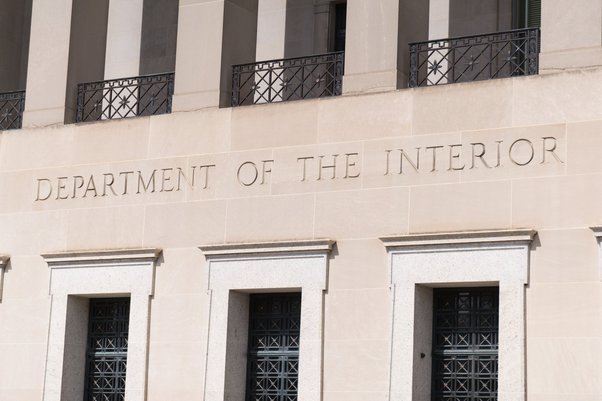Every week, we each ingest a credit card’s worth of plastic, a recent study suggests. Plastic waste has invaded every corner of the planet – including our bodies. And here’s an ugly truth: We cannot recycle our way out of this problem. Tackling the crisis of plastic pollution means taking on the industry that props up plastics: Big Oil & Gas.
We have a serious plastic problem. More than 9.2 billion tons of plastic have been produced since 1950 – that’s more than one ton for each living person on Earth. Plastic pollution can now be found in every pocket of the earth, and even in our own bodies as we consume thousands of bits of plastic each year.
Despite the growing crisis, the US is doubling down on plastic production, driven largely by the nation’s gas fracking fever. The oil and gas industry has long shown its preference for profits over the public good, so this may not come as a surprise. After all, it’s becoming harder for companies to ignore the inevitability of reducing fossil fuels in their current form: Oil demand for transportation, for instance, is expected to slow as electric vehicles become more common.
However, this will likely be offset by plastic which is expected to account for an alarming 70% of global oil demand growth over the next two decades.
Oil and gas companies are hungry for more. “Fossil fuels and plastics are not only made from the same materials, they are made by the same companies. Exxon is both the gas in your car and the plastic in your water bottle,” says Steven Fei in a report on fossil fuels in plastics from the Center for International Environmental Law.
Why Big Oil bets big on recycling
Enter recycling. When it falls on households to manage plastic waste through recycling, vested interests – which include oil and gas companies, chemical manufacturers and big beverage conglomerates – can continue producing and profiting. While the industry touts household recycling as a solution, in reality less than 10% of all plastic ever produced has been recycled.
Let that sink in – over 90% of all the plastic ever created is sitting in a landfill, polluting the ocean, or broken down into micro plastics that enter our soil, water, and even our bodies.
Big Oil’s love for plastic means the industry has a reason to keep producing while end users have to deal with the waste. And it isn’t alone: Big beverage conglomerates like Coca-Cola, Nestlé and PepsiCo are the world’s biggest users and polluters of plastic. That means oil and gas companies are seriously invested in keeping your water bottled and soda disposable.
Corporate interests have a huge incentive to avoid regulations on the production side of plastics, such as grocery store bans on plastic bags. Keeping a focus on household recycling shifts the responsibility for plastic waste onto the consumer.
For example, dozens of companies including ExxonMobil have committed $1 billion to increase recycling initiatives, putting the onus on the consumer to deal with waste. Meanwhile companies continue to contribute to, and profit from, the plastic crisis.
Communities are left to pick up the (plastic) pieces
All of this has devastating consequences, from health concerns for communities on the frontlines of fracking and refining, to impacts on our global community through microplastic pollution and climate breakdown.
Just as extractive companies have long exploited marginalized communities by targeting minority and low-income neighborhoods for their polluting facilities, recycling is a false solution that falls on the shoulders of vulnerable residents first.
Consider what has happened since China banned the import of American recyclables at the start of 2018. As China was a primary site for the export of America’s plastic waste, cities across the US are now seeing recycling collapsing. Philadelphia, for instance, is burning about half of its 1.5 million residents’ recycling material in an incinerator. And it is those living closest to the facilities producing and incinerating plastic that are exposed to harmful toxins in the process.
Recycling, the solution that plastic profiteers have peddled for decades, is clearly not the whole answer to the plastic crisis.
The takeaway: Addressing the problem at the source
In the comprehensive Plastic Atlas published November 2019 on corporate accountability in the plastic crisis, Barbara Unmüßig states "Politics must hold the plastic industry accountable. The largest plastic producer is the oil industry. All strategies for overcoming the plastic crisis must address the industry.”
This is the ugly truth. While recycling can clearly benefit communities through local waste management initiatives, it has been taken over by industries advancing their own interests. We need to tackle the crisis of plastic waste at the source of production.
That means we also must address the way vested interests are able to influence policies and decisions at different levels – drilling, manufacturing, consumption, waste management – for their own gain through corporate subsidies, preventing regulations and shifting the blame to consumers.
Preview image credit: ZINYANGE AUNTONY / AFP via Getty Images


